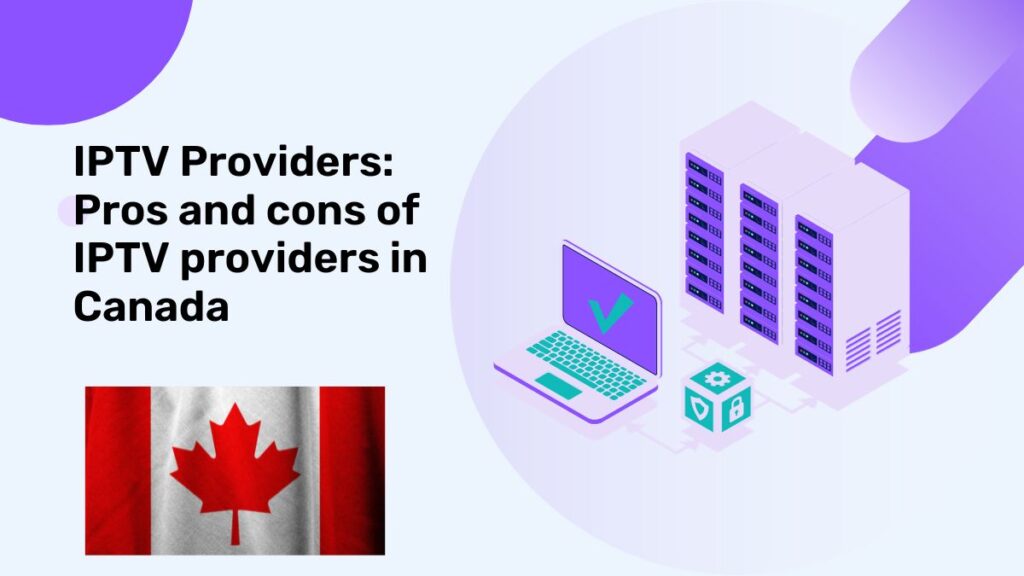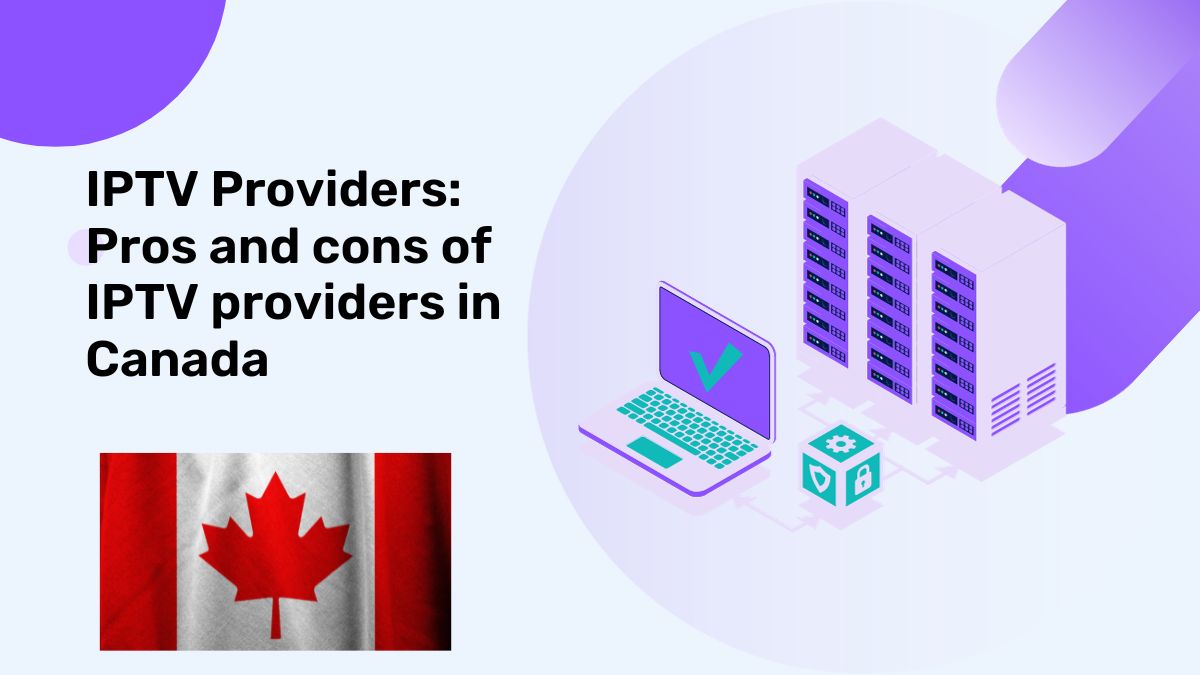
The past several years have seen a major change in our television viewing habits, and this evolution is largely thanks to Internet Protocol Television (IPTV). IPTV most closely resembles your traditional cable or satellite television service, but they deliver the TV experience in totally different ways. IPTV feeds come to you over the internet, so you need an internet connection to use the service at all. You can access live channels over the internet, a huge variety of on-demand content, or both, depending on which service you subscribe to. But that internet-based delivery system is just one thing that sets these IPTV services apart from the not-so-distant past.
Internetwork protocol television, or IPTV, as it is better known, is a method of broadcasting television programming to paying customers over the internet. Viewers watch this content on a wide variety of devices—a smart TV barely distinguishes itself from a regular TV when it comes to smart functionality; my regular old living room TV acts like a 65-inch window to the internet when I watch YouTube or Netflix. IPTV will only get better over time, as telecom infrastructure in the U.S. and worldwide improves.
IPTV’s growing influence has attracted a lot of new providers to the marketplace. Besides established providers like Hulu, YouTube TV, and Sling TV, there are many small, niche providers offering specialized or regional programming. The huge number of options now available empowers consumers to choose a service that fits their viewing habits and is often said to be even better than the service one used to get with a conventional cable subscription—albeit at a lower price. And those niche and regional options let more viewers see more of the kinds of things they like to watch.
Perhaps the greatest of IPTV’s advantages is its flexibility. Users can access video on demand and watch their favorite shows and films whenever they like. Moreover, many IPTV providers offer cloud-based DVR services. (How many times have you watched a series on a binge after recording it to your cable box? Exactly.) Again, this service is great for working stiffs and the night owls among us who can’t always be in front of the TV set at 8 PM sharp. And what about the channels? Is the No. 1 advantage of IPTV its flexibility? Nah. It’s the channels. Probably.
IPTV offers numerous advantages, but when selecting a provider, consumers must consider several important selection factors. First, and perhaps most important, is the quality of the internet connection. Because IPTV operates through the internet, it is vital that consumers have a good-quality, high-speed connection capable of delivering sufficient bandwidth. Whether or not consumers have suitable internet service is a judgment call on their part that they must make before committing to an IPTV subscription. Second, and just as important, is the legality of the service in question. Not all IPTV services are legal, and while many reputable providers operate well within the law, others provide illicit access to pirated content. Researching the legality of the service in question is imperative before committing to that service.
How we watch TV has changed dramatically, and for the better, thanks to IPTV. It’s brought us far more than just “television over internet protocol.” It’s delivered accessibility, a seemingly endless supply of content, and an almost unfathomable level of convenience—even beyond what cable or satellite provides. And the market for IPTV keeps growing, yielding almost-comically huge profits for the huge tech companies betting on your continued love affair with premium video subscriptions. But IPTV isn’t without faults. Internet connection speed, content legality, and personal taste all play a part in how well an IPTV subscription will serve you.


